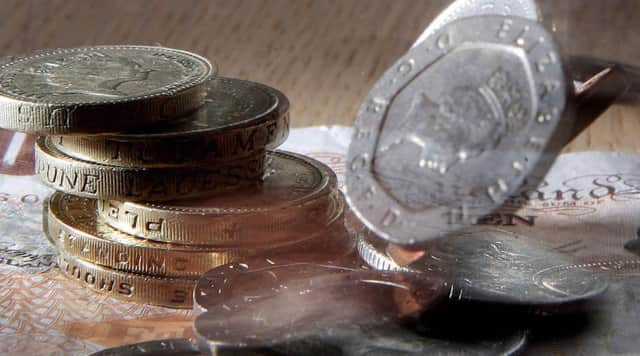Warning after identity theft losses on rise


A key driver behind the figures is a growing number of scams where fraudsters try to persuade people to hand over their personal details such as passwords for accounts and pin numbers which can then be used to commit identity theft.
New figures showed a jump in losses with the statistics from Financial Fraud Action UK (FFA-UK) revealing the amount lost due to telephone banking fraud has nearly doubled - from £7.4m in the first half of 2014 to £14.4m in the first half of 2015.
Advertisement
Hide AdAdvertisement
Hide AdMeanwhile online banking fraud saw an increase of 27 per cent year-on-year to reach £51.2m in the first half of 2015.
Losses due to card identity theft, where a fraudster either sets up an account in someone else’s name or takes over an existing account using stolen information, were up by 28 per cent on the first six months of 2014, reaching £18.8m in the first six months of 2015.
FFA-UK, whose members include banks and card issuers and which works to combat fraud, said that a key factor behind the figures is an increase in scams in which fraudsters target people to steal their personal and financial information, which can then be used to commit identity theft.
It also said that banks and card companies’ security systems detected and prevented a total of £911m worth of attempted card, online and telephone banking and cheque fraud from taking place in the first half of 2015.
Advertisement
Hide AdAdvertisement
Hide AdKaty Worobec, director of FFA-UK, said: “Fraudsters are now attempting to trick people into handing over passwords, pins and passcodes - the keys to the door - so it’s vital that customers safeguard their personal and financial information.
“Criminals impersonate many different organisations, including banks, the police, Government departments and utility companies.”
Det Chief Insp Perry Stokes, head of the Dedicated Card and Payment Crime Unit, said anyone getting a call, text or email out of the blue asking for their details or to transfer money, should not respond and report it to their bank straight away.
The FFA-UK said banks and the police would never phone people and ask for their four-digit card pin or online banking password, or ask them to tap details into their telephone keypad, or urge people to withdraw money to hand over to them for safe-keeping. They would also never send someone to a person’s home to collect their cash, pin, payment card or cheque book if they were a victim of fraud.